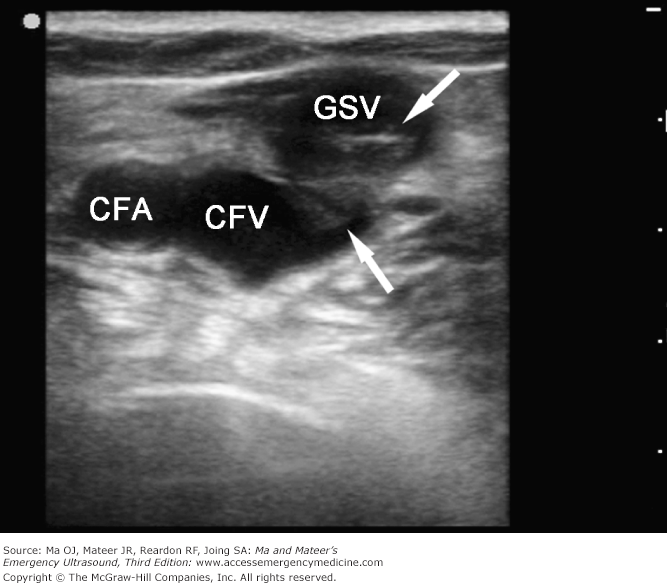The new law (Surprise Medical Bill) takes effect for health plan years beginning on or after January 1, 2022 and it applies to nearly all private health plans offered by employers, as well as non-group health insurance policies offered through and outside of the marketplace.
The law requires private health plans to cover surprise medical bills for emergency services, including air ambulance services, as well as out of network provider bills for services rendered at in-network hospitals and facilities.
The law requires surprise bills must be covered without prior authorization and in-network cost sharing must apply. In-network cost sharing for surprise bills will be based on a “recognized amount,” which in most cases will be the median in-network payment amount under the plan for the same or similar services.
Out-of-network providers for emergency services are not allowed to balance bill patients beyond the applicable in-network cost sharing amount for surprise medical bill.
Out-of-network providers cannot send patients bills for excess charges, Essentially it puts the burden on out-of-network providers to determine a patient’s insurance status and the applicable in-network cost sharing for the surprise medical bill.
The final compromise permits access to IDR (Independent Dispute Resolution) for any surprise medical bill following a 30-day period when the plan and provider try to negotiate a payment amount. The IDR process follows so-called baseball-style arbitration rules; each party submits a final offer, and within 30 days the IDR entity determines which offer is most reasonable.
The IDR decision is binding, and the losing party must pay the cost of the arbitration process. In making its determination, the IDR may consider a number factors, including the plan’s median in-network rate for the service; but it may not consider the undiscounted provider charge or the amount public programs (such as Medicare) would pay for the service. This approach is intended to minimize reliance on the IDR and encourage all parties to submit reasonable bids.
Ref: KFF.org
Learn more about Insurance Plans, Medical Billing and Coding Tips, here.










